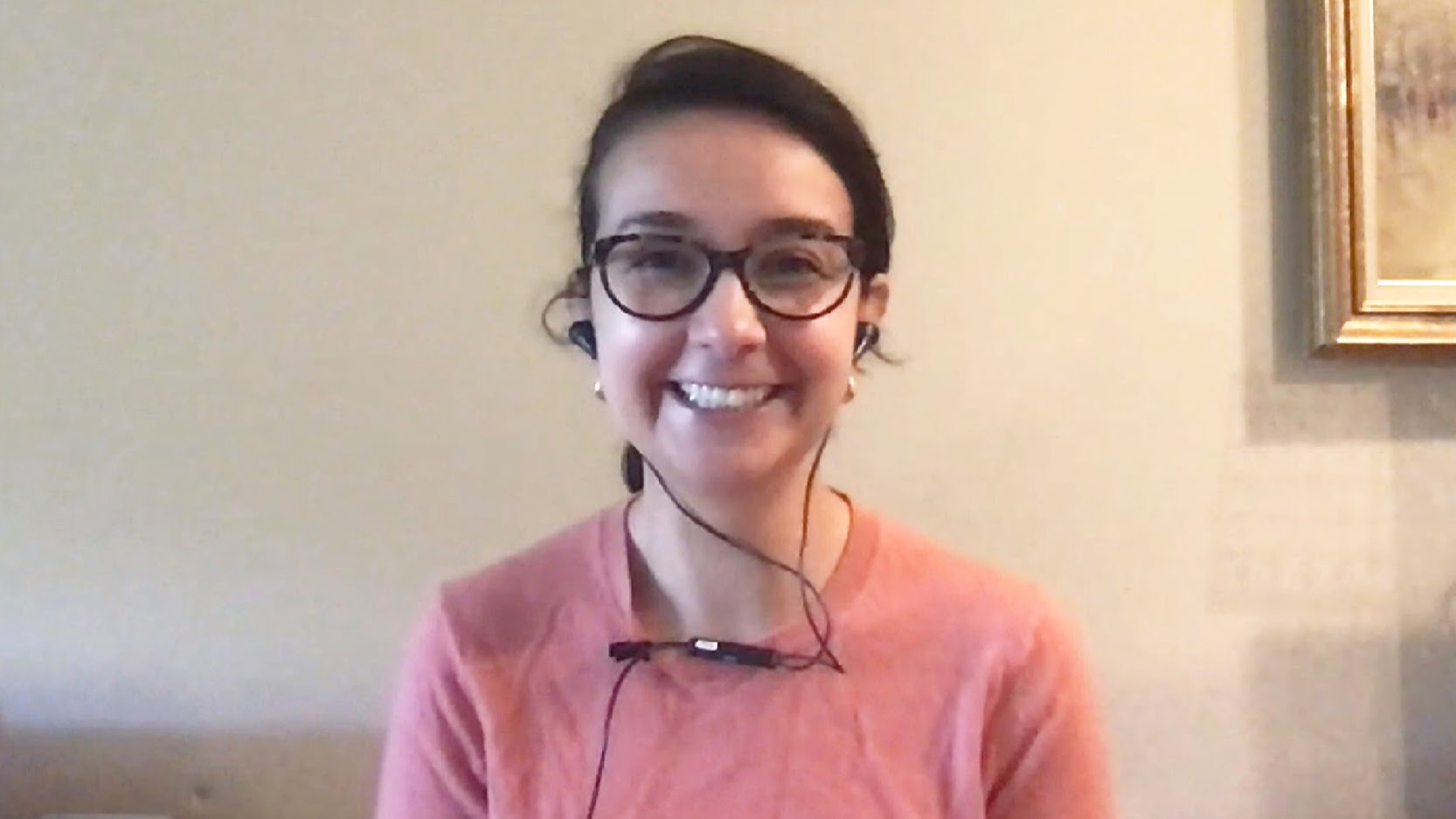 CLOUD
CLOUD
 CLOUD
CLOUD
 CLOUD
CLOUD
While microservices have become standard for architecting software applications, there remains a nagging problem for developers: how to monitor and observe issues within an application through hundreds or thousands of microservices running across numerous hosts.
Profiling and analyzing application code using specialized tools for developers, a practice known as tracing, generally works well in a single stack, but it has been problematic at major scale. To address this issue, the Cloud Native Computing Foundation combined two observability projects — OpenTracing and OpenCensus — in May to create OpenTelemetry, with the participation of Splunk Inc.’s startup acquisition Omnition.
This year’s KubeCon co-chair and principal software engineer at Splunk Inc., Constance Caramanolis (pictured), is playing an active role in guiding the newly combined CNCF project.
“I’m working to make tracing useful,” Caramanolis said. “There is so much to tracing that we tend to undervalue, and that’s why I got involved in OpenTelemetry and Omnition. There are some really interesting ways you can use tracing and answer a lot of questions that we have in our day-to-day.”
Caramanolis spoke with Stu Miniman, host of theCUBE, SiliconANGLE Media’s mobile livestreaming studio, about the KubeCon + CloudNativeCon Europe 2020 event. They discussed objectives and progress around the OpenTelemetry project and the all-virtual KubeCon Europe event. (* Disclosure below.)
The goal for OpenTelemetry is to establish an open and consistent standard for monitoring data, such as through metrics, logs and traces. The project’s beta release supports Java, JavaScript, Python, Go, .Net and OpenTelemetry Collector. There are at least 82 companies currently involved, including Splunk, Microsoft, Google and Uber Inc.
“If you look at all the major players in OpenTelemetry, they have a wide variety of vendor experience,” Caramanolis said. “For service owners or businesses trying to collect data and have visibility into applications, this is a really great way to provide one common framework to gather and generate all of that data.”
KubeCon Europe was postponed from its original date at the end of March as the coronavirus pandemic spread across the globe. CNCF decided to move to an all-virtual event, a very different experience for many past attendees.
“It’s a really great place for us to assess what a community means to us and how we interact with the community. If you have ideas, share them with us because we want to know how to make it better,” Caramanolis concluded.
Watch the complete video interview below, and be sure to check out more of SiliconANGLE’s and theCUBE’s coverage of the KubeCon + CloudNativeCon Europe 2020 event. (* Disclosure: The Cloud Native Computing Foundation sponsored this segment of theCUBE. Neither The Cloud Native Computing Foundation nor other sponsors have editorial control over content on theCUBE or SiliconANGLE.)
THANK YOU